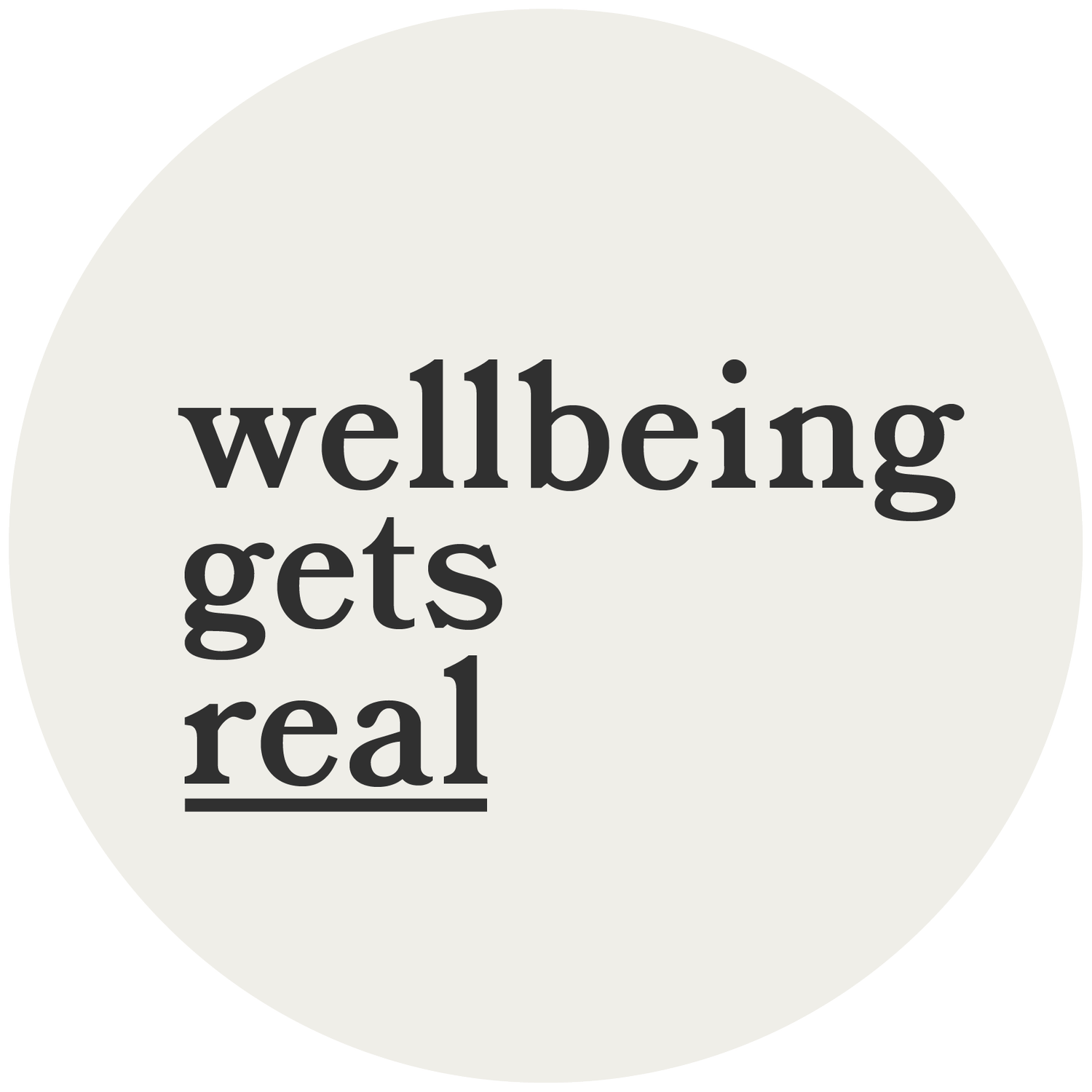Drunk on tiredness and underperforming?
Prioritise sleep
I’m probably not alone in admitting to having too many nights of less than 6 hours of quality sleep. Did you know, this is likened by scientists to being drunk? A sobering fact when I realise I’ve been operating at only half my potential for the last five years. My daughter has just turned five and I can certainly attest to there being more moments of surviving rather than thriving.
Sleep is as essential to survival as food and water¹. It can help you focus, increase your productivity and resilience – to be the best you can be.
With the pace of today’s society we need to think seriously about recognising the fact that we are human and our brains need quality sleep to process our day, remove the toxins built up from our day and support learning and memory. When we wear the “I’m so busy” badge of honour we are deprioritising sleep and ignoring that we are in fact human. Like the Greek Mythological character Icarus who kept flying higher and higher, ignoring that fact that his wings were made out of wax and not built to fly so close to the sun, we too may find ourselves experiencing our own downfall of underperformance and physical and mental chronic illness if we accumulate sleep debt. “Sleep affects almost every type of tissue and system in the body – from the brain, heart, and lungs to metabolism, immune function, mood, and disease resistance”¹.
Most adults need 7-9 hours and although some nights this may be outside of our control, I know I can get a whole lot more out of my day if I prioritise my sleep and go to bed even if only 10/15 minutes earlier.
We can prioritise our sleep in so many ways. Here’s just a few;
exercising 20 to 30 minutes a day (but no later than a few hours before going to bed),
avoiding caffeine and nicotine late in the day and limit or avoid alcoholic drinks before bed,
and relaxing before bed. ¹
What can you do to prioritise sleep and maximise your potential?
¹National Institute of Neurological Disorders and Stroke

